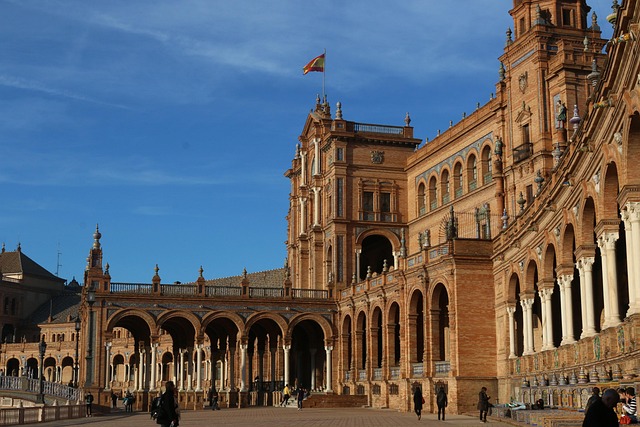Madagascar produces key transition minerals, including cobalt and nickel: both ingredients in the lithium-ion batteries used in most electric vehicles (EVs) and in renewable energy storage.
The mining sector accounts for around 30% of the country’s exports.
But despite possessing substantial deposits of the natural riches considered key to the energy transition, Madagascar’s 28 million population endure some of the highest rates of poverty and malnutrition in the world, according to the World Bank.
The country is particularly vulnerable to climate change, recently facing what the UN called the world’s first climate-change induced famine – although some scientists have put the blame on poverty and poor governance.
This poor governance extends to its mineral sector.
According to the Natural Resource Governance Institute (NRGI), Madagascar’s governance score for natural resources is among the world’s lowest in terms of realising value, managing its revenues and overall governance conditions.
Mining has also been linked to widespread environmental damage.
The construction of the Ambatovy open-pit nickel and copper mine on Madagascar’s east coast was called a tale of ‘reverse development’, after 2,000 hectares of pristine rainforest was cleared to make way for the mine and the pipeline carrying its slurry to the Indian ocean.
And in the country’s southeast Anôsy region, the Qit Madagascar Minerals (QMM), a joint venture between Rio Tinto and the government of Madagascar, has attracted controversy and local protests from communities complaining about water pollution from its ilmenite mine. (In May 2022 a multi-party agreement was reached between the government, QMM and the communities aimed at easing tensions).
Locals near mining sites in Madagascar have also complained about a lack of consultation on decisions relating to mining, decreased access to land, including for feeding livestock, and worsening soil fertility.
Transition mineral extraction in Africa has to be done in a just and responsible way, to ensure local populations can truly benefit from it. Read our recommendations on how this can be achieved.










